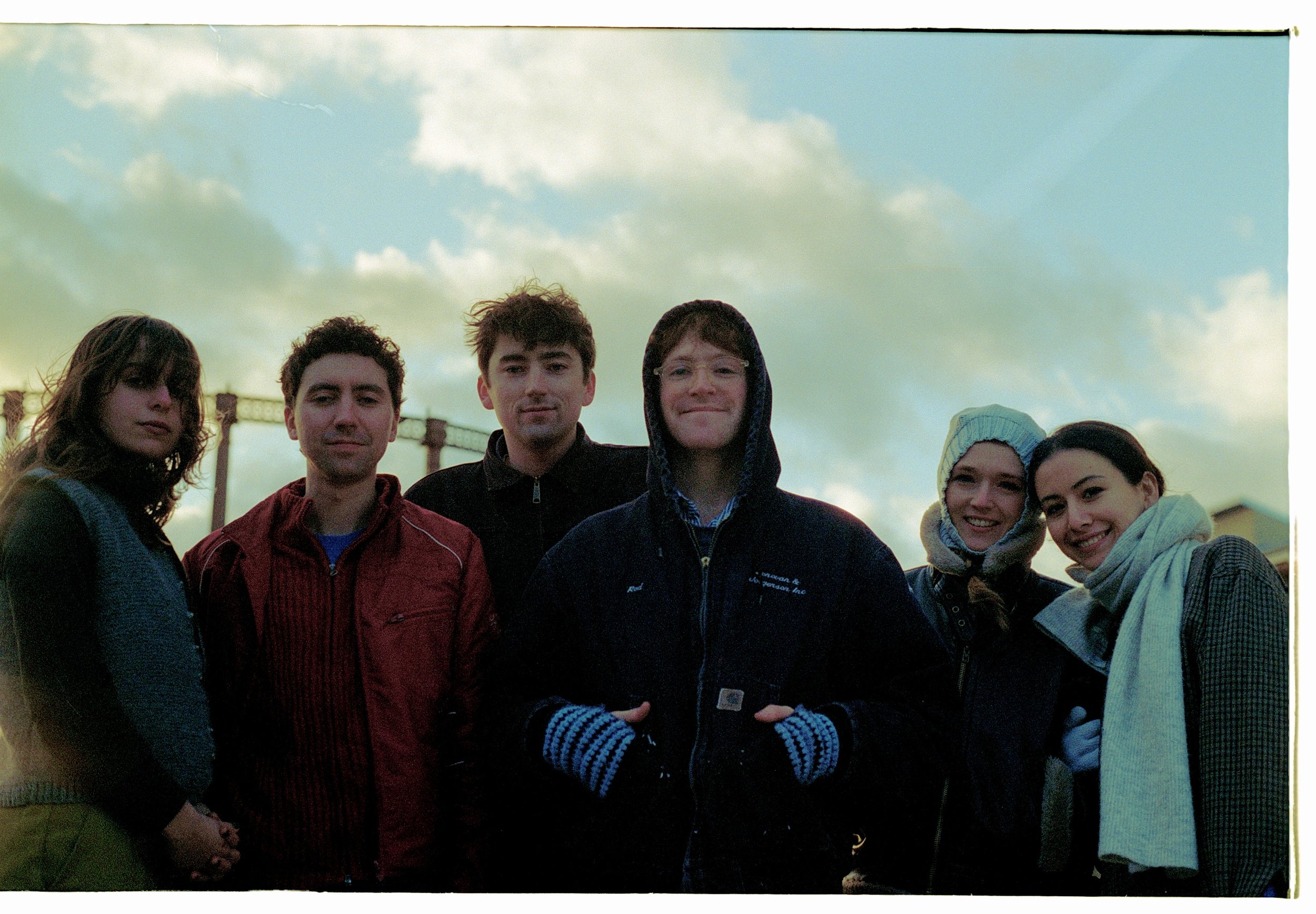Foreword:
Setting the Stage
For the love of music
ORCA is a think tank comprising independent record labels who invest in artists and their businesses.
We see music's impact on all our lives and are proud to support its increasing influence. More of us are listening to music than ever before. However, the way music is valued needs to evolve to benefit more artists and workers and, in doing so, amplify its impact on society as a whole. Now is the time to build a better, more inclusive music industry that supports artists, the artform itself, and the myriad of jobs and skills it creates.
Yvette de Wit/Unsplash
This is where independent record labels come in. Our experience and model for supporting artists and the value created by music offer an approach and structure for improving the music industry. The independent label model, which is explained in detail in this report, is based on risk taking and investing in artists’ businesses, which support a robust and valuable music industry and, in turn, communities everywhere. The thousands of independent labels worldwide sign and support a huge diversity of artists, uplifting pioneering artistic talent, emerging sounds, and unconventional genres, from local scenes to global recognition, driving representation across the music industry. Ultimately, independent labels produce an outsized cultural impact, shaping global movements that transcend music.
We are not the only investor in artists, nor do we assert that our model holds all the answers. We aim to initiate conversations by drawing on insights from our experiences and present ways the music industry can significantly increase its value, which is broadly defined to include economic, social, and cultural benefits within and outside the industry. We believe that music can continue to increase its rate of economic growth. It can reward a greater diversity of artists more fairly for their work. And it can amplify the external benefits it generates in areas such as community development, education, and healthcare.
Importantly, it can achieve all of these things simultaneously with the right approach.
For music to grow sustainably and improve the lives of all those engaged in it, the best ways of optimizing its value must be explored. And independent record labels offer an important perspective on how to achieve that.
Top Banner: Young Fathers by Stephen Roe

IDLES by Tom Ham
Who is this report for?
This report is written for people outside of the music industry.
Terri Lyne Carrington
We hope those who read it work for and with intergovernmental agencies, multi‑laterals, ministries of economics, chambers of commerce, tourism boards, economic development agencies, ministries of culture, mayors, city councils, commissioners, and global development finance institutions—among others.
Policymakers are beginning to understand the economic ecosystem supported by the music industry and the services provided by its key stakeholders, such as record labels. ORCA wants to further this understanding through its research. Music, if included as a part of policy programs, can produce outsized benefits. We welcome the wider music industry into this conversation, but our goal is for those outside of the sector to grasp and act on this report and our work.

Omid Armin/Unsplash
What do we hope to accomplish?
As ORCA, we want to demonstrate—through this report and our future research—that to maximize the value of music across all its sectors (from record labels to music venues, music publishers to education, sync to live, and everything in between) and beyond music itself, we need a business model that works for everyone, everywhere. A model that rewards engagement and connection rather than volume. A model that celebrates and values diversity (genre, socio‑economic, geographic, gender, race, background, organization) over consolidation.
Gordon Cowie/Unsplash
For this model to exist, with all the benefits it brings, everyone in the chain needs to be properly remunerated. Although music may be everywhere, getting paid for it isn’t as widespread—a point emphasized by ongoing debates and negotiations over the ‘value gap’ between the benefits that the use of music delivers to social platforms and the size of revenues passed through to artists and rights holders for the use of their music.
While economic growth across the music industry is impressive, the benefits of that growth are concentrated at the top, and there are now many more mouths to feed across the music ecosystem than a decade ago.
Our model as independent record labels has been developing for decades and not only helps to explain these challenges, but also points to the best ways to solve them.
Artists and their recorded music are at the center of the music industry. If artists do not produce and record music, it can’t be disseminated, fans won't buy tickets to see it performed live, and artists won’t get paid. For recorded music to be successful for everyone, those recordings need to be nurtured and supported over time to foster connections with listeners and fans, and, ultimately, produce sustainable careers. ORCA’s work will demonstrate how this is best achieved and how it can be done better.
We also want to highlight the many ways that music creates benefits outside of the music industry, including demonstrating its positive impact on economies, communities, education, healthcare, the environment, inclusion, and international development. Intentional, deliberate investment in music produces a global return on investment, with music playing a role in supporting all seventeen UN Sustainable Development Goals (SDGs). This report emphasizes the role of the music industry and record labels in contributing to regional wealth building and community development (SDG#1), including workforce development (SDG#8). It also highlights programs led by independent labels to support educational opportunities for underserved communities (SDG#4), as well as their proactive work to develop climate and sustainability programming (SDG#7, #11, and #13), and more.

BCNR by Holly Whitaker
How to read this report
This report was researched and developed by the nonprofit Center for Music Ecosystems, commissioned by ORCA. It is an introduction to ORCA and what it stands for. It introduces the current state of the music industry, the role of independent labels within it, the economic, social, and cultural benefits music generates, and the exciting potential to produce more value.
Vidar Nordli Mathisen/Unsplash
Parts 1 and 2 focus on the recorded music industry, demonstrating record labels’ value as key music stakeholders. These sections explain the independent label model, how it is focused on supporting artist development, and how it produces a wide range of benefits within and beyond the music industry. Part 3 shows how recorded music generates economic value, explaining the foundational elements of intellectual property and copyright, and how revenues flow in the music industry. Part 4 explores the music industry’s external value for society, showcasing the reach of music and what it can do to improve livelihoods everywhere. Finally, Part 5 summarizes the report and introduces future research topics. There is also a short Appendix, which widens the lens, presenting the complex ecosystem of music industry stakeholders that work together to drive music’s value.
This report is designed to be read chronologically or as individual sections. That’s why it is presented as a website, as well as a PDF. All the links have been tested, and the information is fact‑checked. There is an appendix with definitions at the end of the document. Lastly, unless otherwise specified, all financial figures presented in this report are denominated in United States Dollars (USD).
We'd also like to thank Michel Lambot and [PIAS] for their extensive contributions to and support of this first ORCA report.
Thank you for reading it.
—ORCA Founding Supporters
If you’d like to reach out or have comments on this report, please email us at info@centerformusicecosystems.com

Soundtrap/Unsplash






